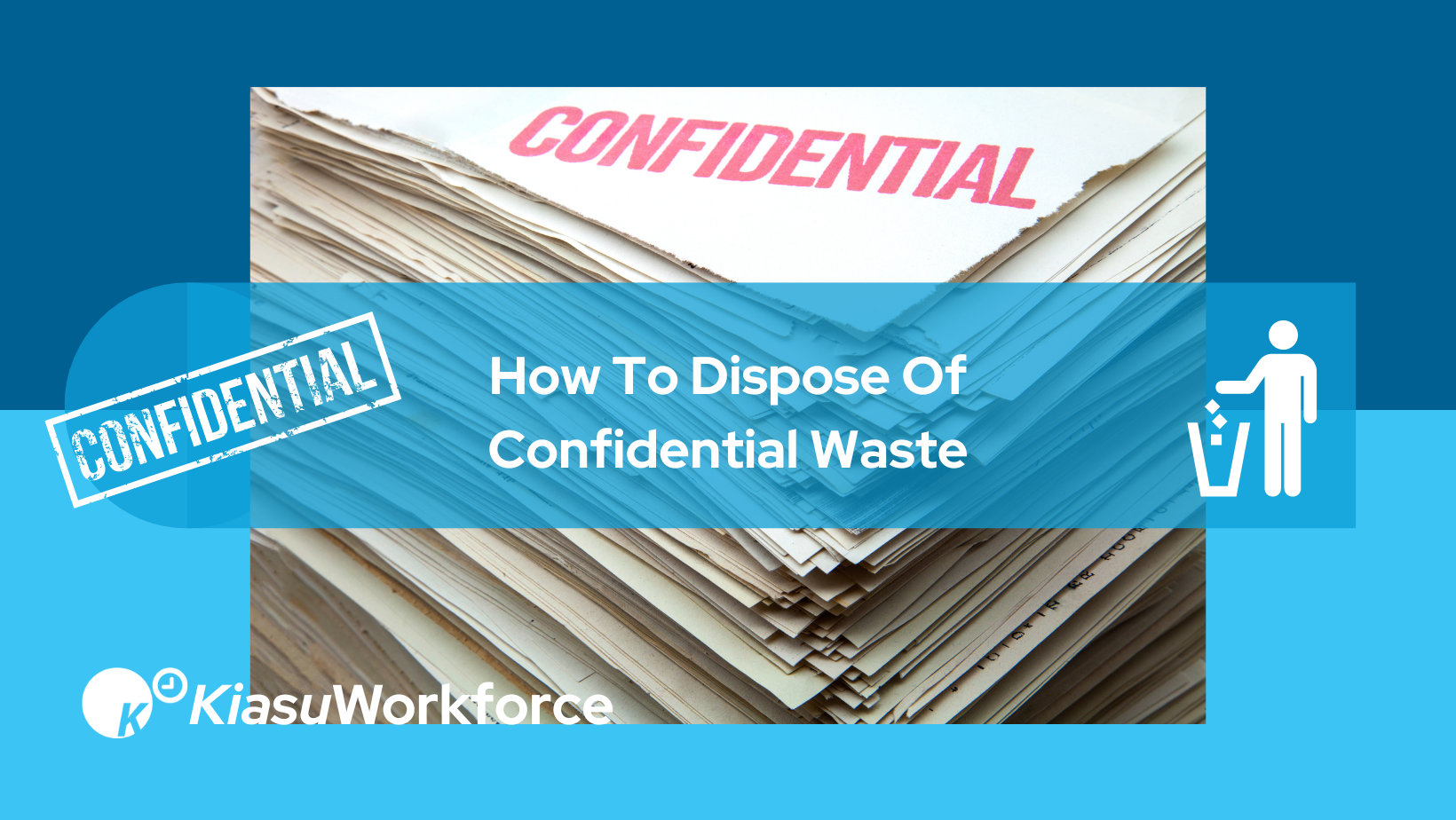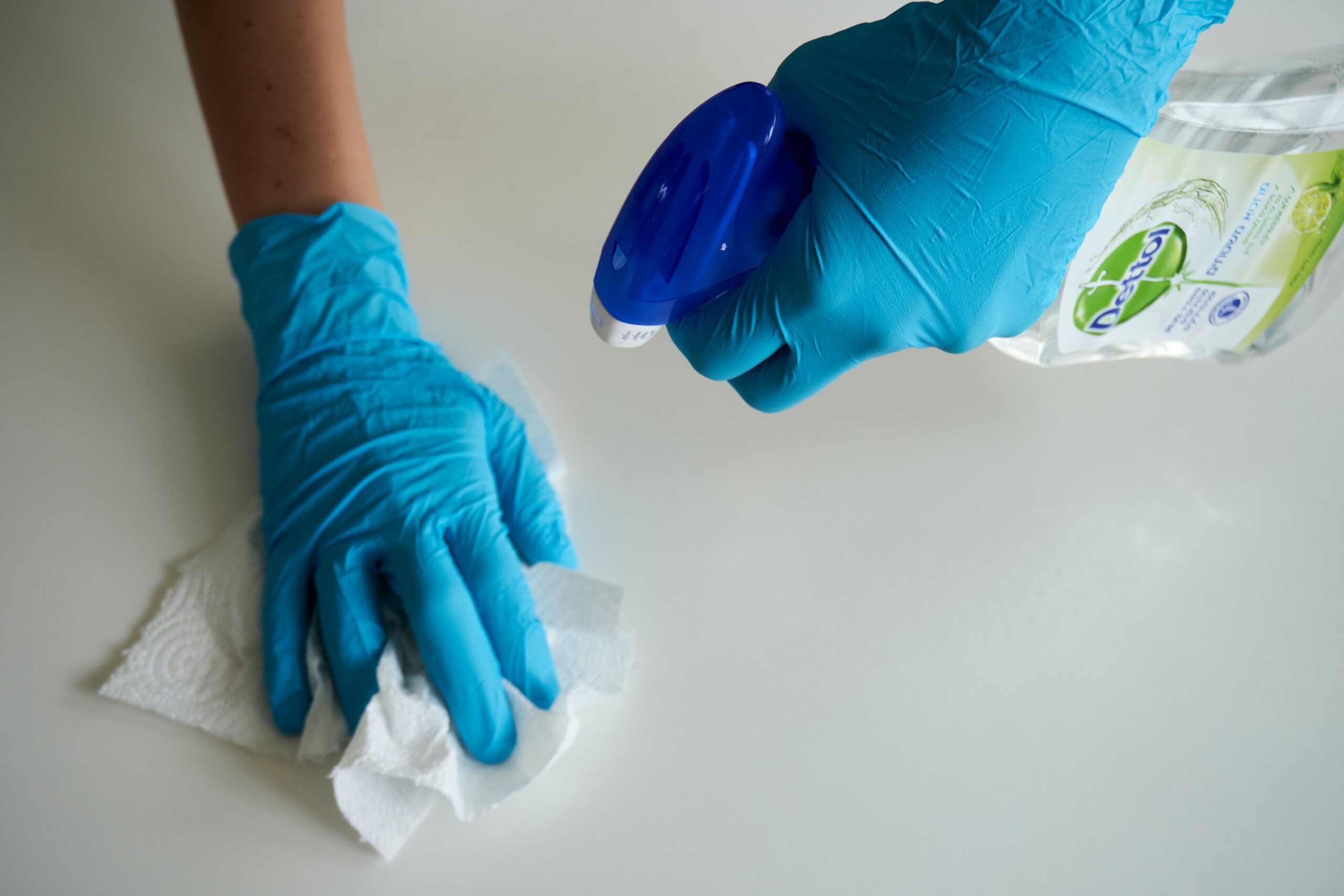What Is Classed As Confidential Waste?
Confidential waste is any document containing personal information about an individual. Due to the sensitive, private nature of the information – confidential waste disposal is a service most offices require. The documents may contain information about:
- Staff
- Clients
- The general public
It is crucial that confidential waste is disposed of correctly. This information includes:
- Home address
- Financial information
- National Insurance Number
- Health Records
Confidential waste can also include information that could put a company at risk if read by the public or a competitor. This could consist of any financial data or marketing strategies. Some companies will have a much higher amount of confidential waste than others. For example, healthcare facilities hold a large amount of personal information and also healthcare records.
Why You Must Dispose of Confidential Waste Correctly
Every company must follow laws included in the Data Protection Act 2018; these laws ensure that companies are held responsible for protecting personal information. If a data breach occurs, the company could receive a ‘maximum fine now reaching the higher of €20m (£17.5m) or 4% of the company’s global turnover’.
According to Government records, 90% of large companies and 75% of small businesses in the UK experienced a data breach in just one year! This just proves how important it is to take the protection of confidential data seriously.
There are other reasons why you must dispose of confidential waste, such as preventing security breaches and ensuring the public’s privacy is not violated. It also creates space; hoarding documents in an office can be dangerous, a fire hazard, and a waste of space.
Which Documents are Confidential?
There are too many types of confidential documents to list, but here are a few examples:
- Payroll Information
- CV’S
- Bank Statements
- Supplier Information
- Staff Appraisal
- Healthcare Records
- ID
- Contact Details
So, what’s the main thing to consider when deciding if a document is confidential? Does it contain information that relates directly to an individual or a company that is not usually available for the public to see? If your document includes this kind of information, then class it as confidential.
How to Set Up a Confidential Waste Policy
It will help if you put a policy in place, so your staff know how to deal with confidential documents. Some companies must keep information for a specific period due to legal reasons. In this case, you should always have somewhere safe to store the documents before they get destroyed, such as a locked filing cabinet.
You need to list all confidential documents in your workplace and provide your staff with this information to avoid data breaches. Your policy should also outline where to put waste to be destroyed and how often the waste will be collected.
How to Dispose of Confidential Waste
Shredding
This process is where confidential waste is cut into small pieces and mixed, making reconstruction impossible. You can do shredding in-house if you only have a small number of documents. Shredding is HIPAA approved and great for the environment, as shredded documents can still be recycled.
Burning
This is the only process that can guarantee documents can never be reconstructed. However, this process isn’t possible in most areas due to laws against open fires. Some companies can burn documents if they have an incinerator. Burning is HIPAA approved but is not a popular waste disposal choice.
Soaking
An effective way to destroy small amounts of documents, but if destroying more than a few pages, you would have to leave the documents for a long time for them to become unreadable. This method is not often used because once soaked, documents are no longer recyclable.
Cutting
This method is only ever used for a small number of documents, as it is time-consuming. The process involves manually cutting through any confidential information, but you must remember to ensure the documents aren’t reconstructable. You must mix up all the waste and dispose of it in separate recycling boxes to do this.
Do You Need a Professional Recycling Service?
As discussed above, you can destroy confidential information in-house, but this is not always the best option or even possible at all. If your company has a high volume of personal documents, you should consider hiring a professional.
Hiring a professional will save you money in the long run, as you will not need to buy suitable equipment. Professionals have had the relevant training and access to the best equipment, ensuring you have peace of mind that your waste has been destroyed properly.
For all your rubbish removal needs in London, give us a call on 020 8988 1662 – our phone lines are open 24/7, so there’s always someone ready to take your call. Alternatively, please e-mail us, we guarantee a speedy reply.



